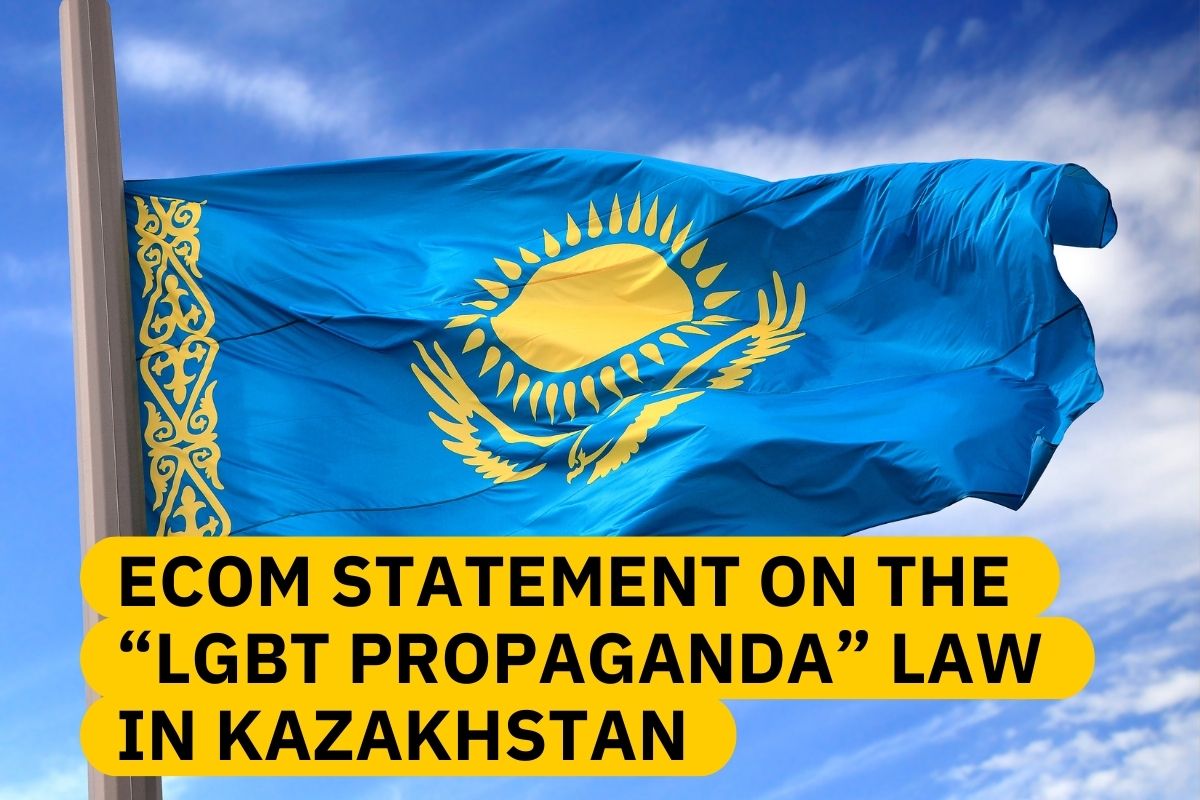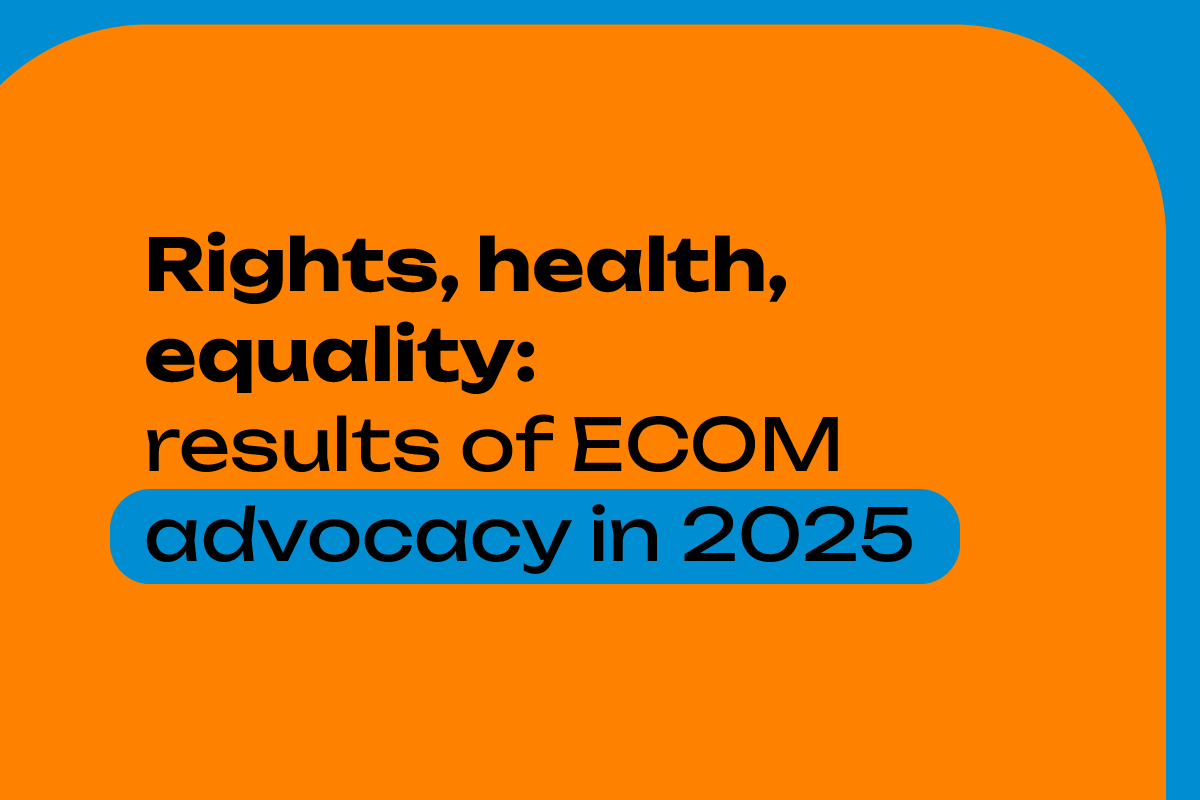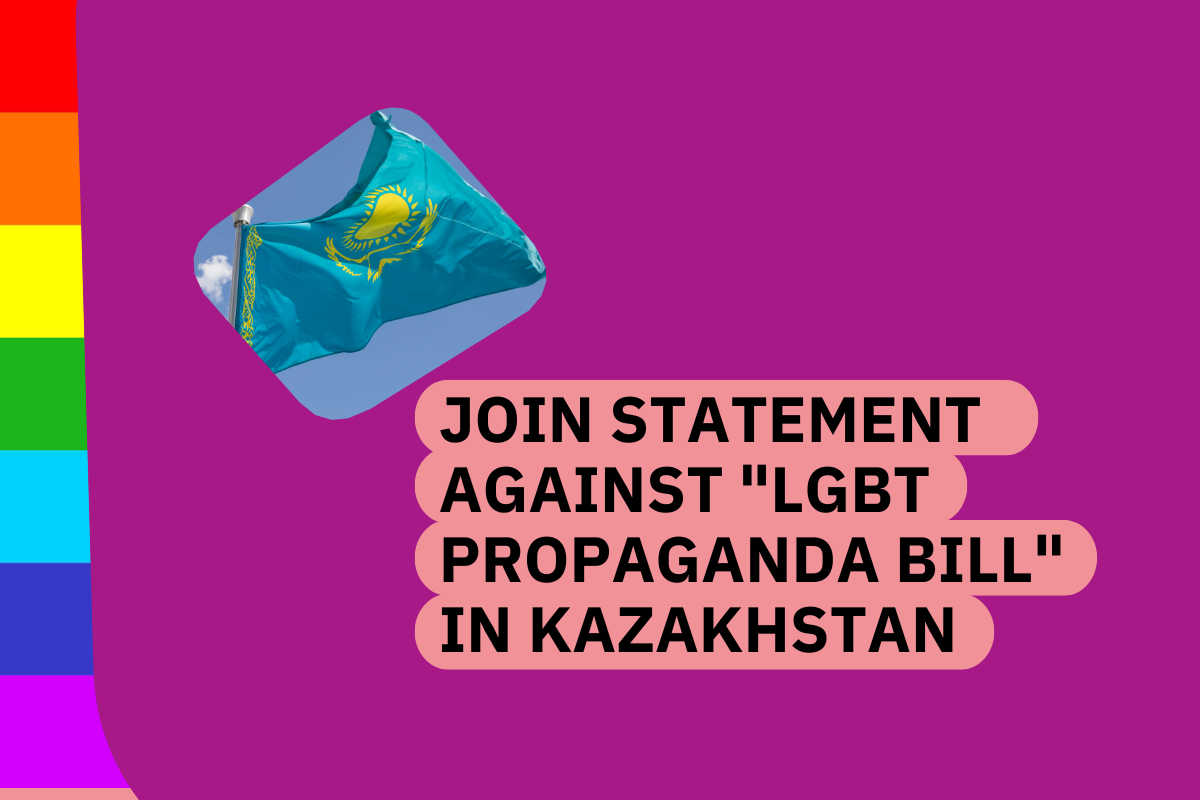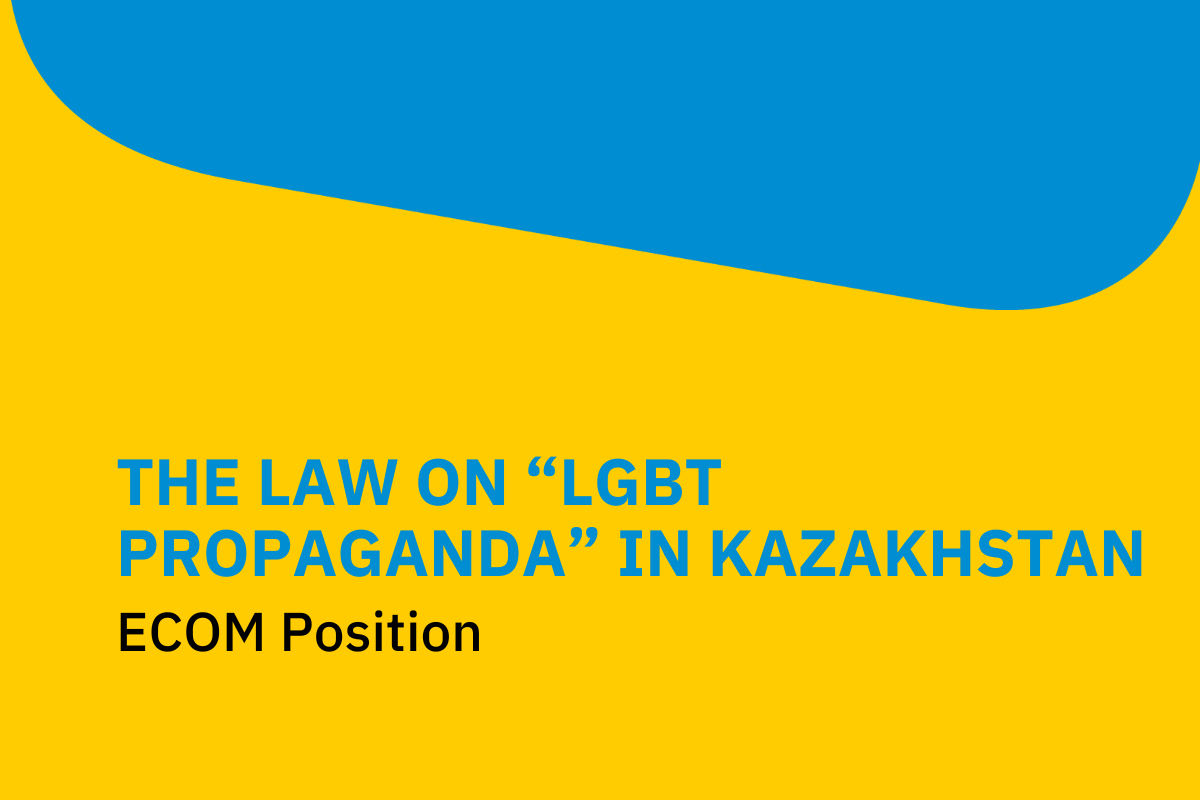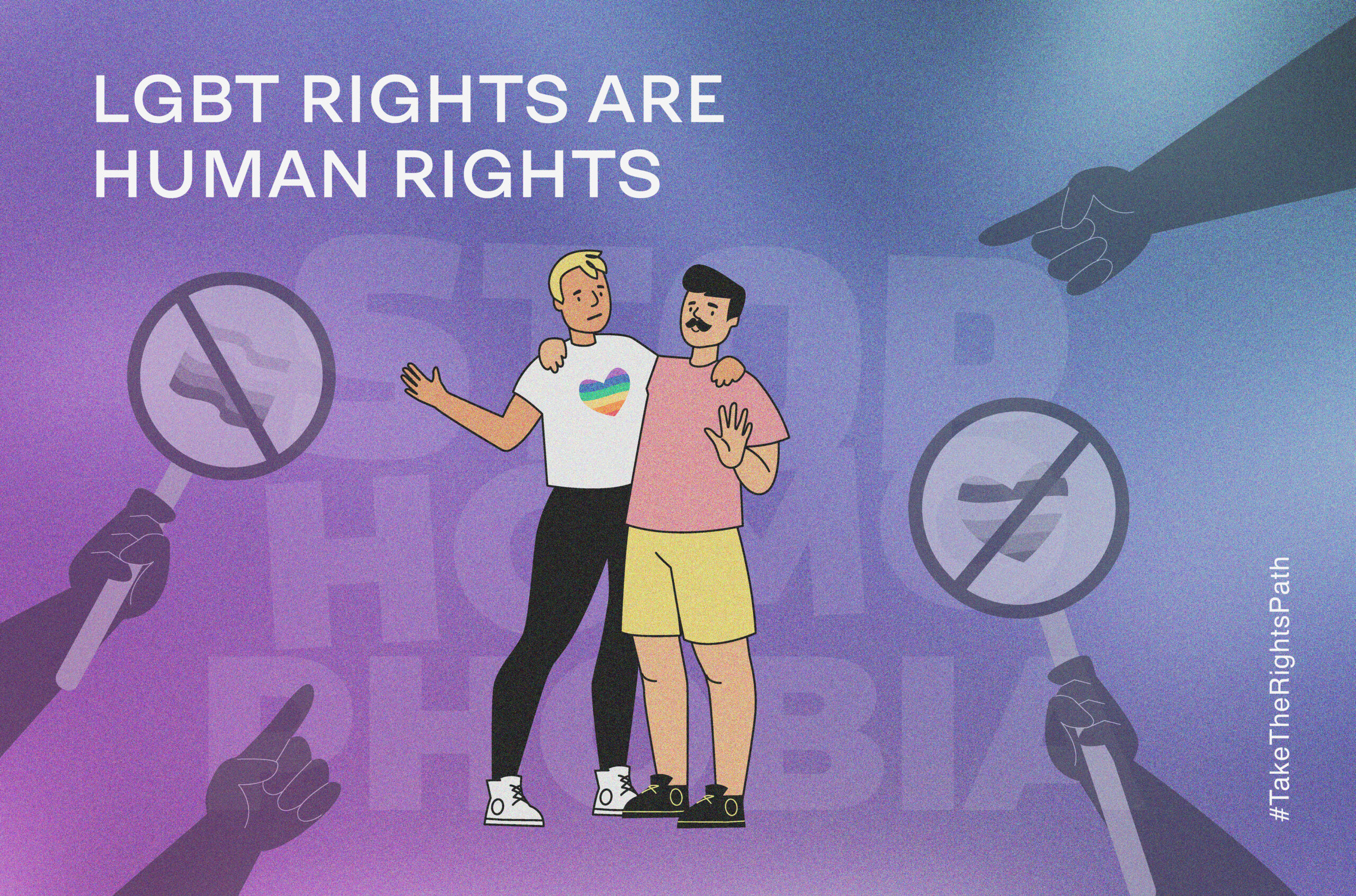On August 1, 2025, the Senate of the Republic of Uzbekistan (the upper house of parliament) adopted amendments to a number of laws (the Law on HIV/AIDS, the Law on Sanitary and Epidemiological Wellbeing, the Law on Employment, the Law on Private Employment Agencies), according to which HIV testing will become mandatory for Uzbek citizens aged 18 to 60 returning after a stay abroad for 90 days or more, as well as for all foreign citizens and stateless persons entering or staying in the Republic of Uzbekistan for the purpose of employment.
ECOM received this news with deep concern. We believe that the introduction of mandatory testing is not only ineffective, but also counterproductive, as it:
- violates the right to confidentiality and privacy;
- reinforces stigma and discrimination against people living with HIV and labor migrants;
- undermines trust in the healthcare system and in HIV prevention measures overall.
Uzbekistan’s Commitments
The implementation of HIV response measures, including HIV prevention, treatment, care and support for people living with HIV, is one of the areas of state policy and international cooperation of the Republic of Uzbekistan. The country has committed to achieving the 95-95-95 targets for HIV testing and treatment, endorsed by the UN General Assembly, allocating significant resources for the procurement of test kits, medicines and the development of healthcare infrastructure.
By adopting these legislative amendments, Uzbekistan violates a number of international standards and commitments. International documents and recommendations define HIV testing as one of the prevention measures and emphasize that effective testing is only possible if it adheres to the principles of voluntariness, consent, confidentiality, counseling, accuracy of results and linkage to medical services.
International standards strictly oppose mandatory testing and other coercive measures in relation to people living with HIV. The UN Committee on Economic, Social and Cultural Rights noted in its general comments that “laws that require mandatory HIV testing and criminalize exposure to and transmission of HIV violate human rights.”
Impact on the community
Such discriminatory legislative measures generate fear among people due to the risk of criminal liability, thereby preventing the expansion of HIV testing and timely, voluntary access to medical care and effective HIV treatment. According to ECOM’s monitoring of human rights violations in 2024, forced HIV testing remained a pressing issue for LGBT people, as did the use of Article 113 of Uzbekistan’s Criminal Code (transmission of a venereal disease or AIDS) for blackmail and extortion.
According to Order No. 54-n of the Minister of Health of Uzbekistan dated April 5, 2019, healthcare authorities are required to report cases of sexual transmission of HIV to law enforcement bodies. This provision not only violates patients’ rights to confidentiality but also deters citizens from undergoing HIV testing.
Another discriminatory provision is Article 57 of the Code of Administrative Responsibility of the Republic of Uzbekistan, which requires the disclosure of information about one’s sexual partners in the event of an HIV diagnosis.
There have been numerous cases where AIDS Center staff conducted forced HIV testing, disclosed clients’ HIV status without court decisions, intimidated HIV-positive LGBT people into revealing information about their sexual partners and handed over this information to law enforcement bodies.
Further legislative enforcement of mandatory HIV testing, instead of guaranteeing the rights of key populations, including LGBT people, will only increase legal barriers to voluntary testing and reduce the effectiveness of national HIV response measures.
In this regard, ECOM recommends that international organizations and the country’s partners:
- Call on the Government of the Republic of Uzbekistan to bring its legislation in line with international obligations and standards.
- Develop anonymous, free and voluntary HIV testing services accompanied by counseling.
- Ensure the effective use of resources for evidence-based HIV prevention and treatment measures.
- Support national NGOs and communities working with vulnerable groups, including migrants and people living with HIV.
- Strengthen measures to combat stigma and discrimination against people living with HIV and labor migrants.
- Strengthen monitoring and public reporting of human rights violations in the context of HIV.

